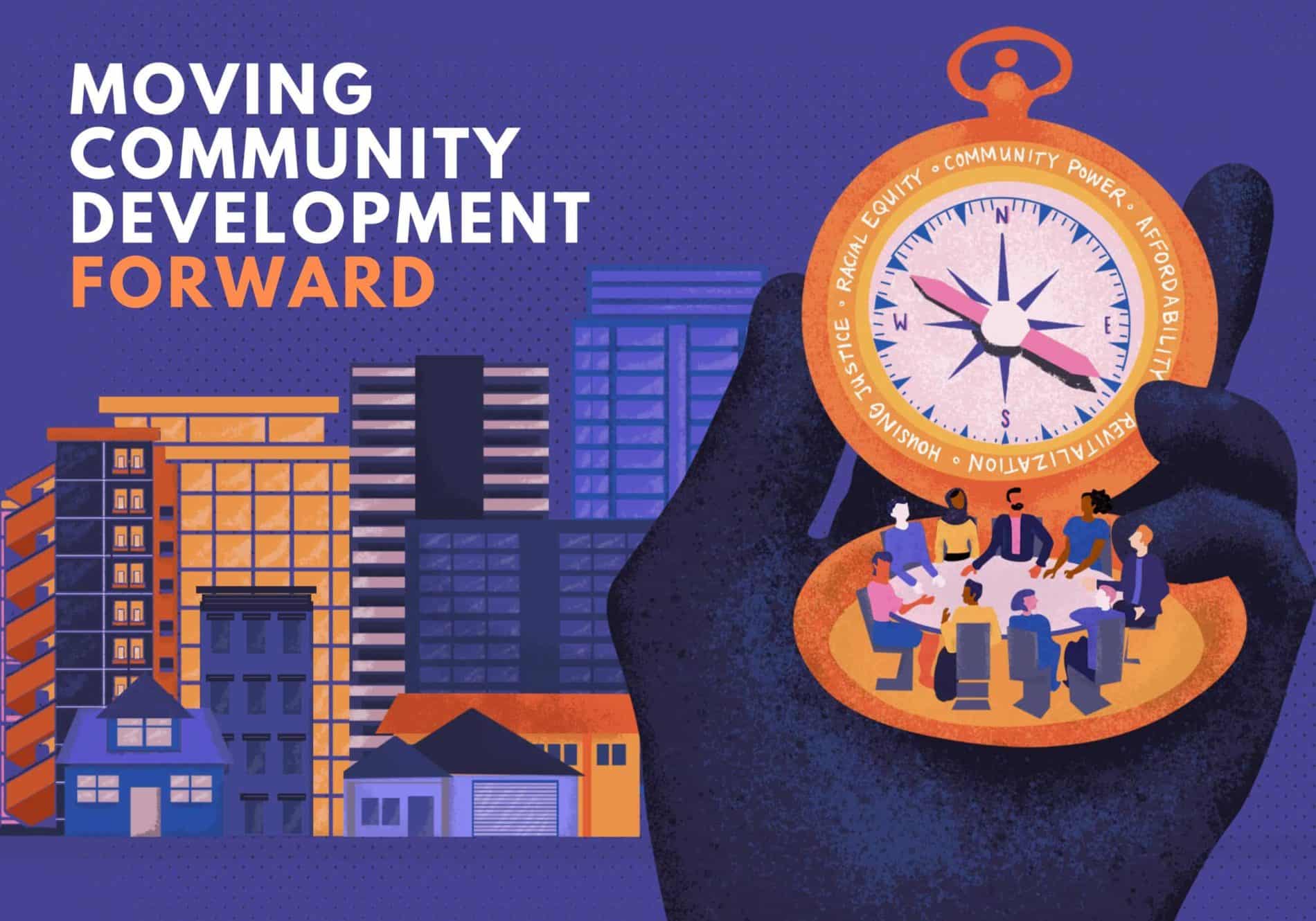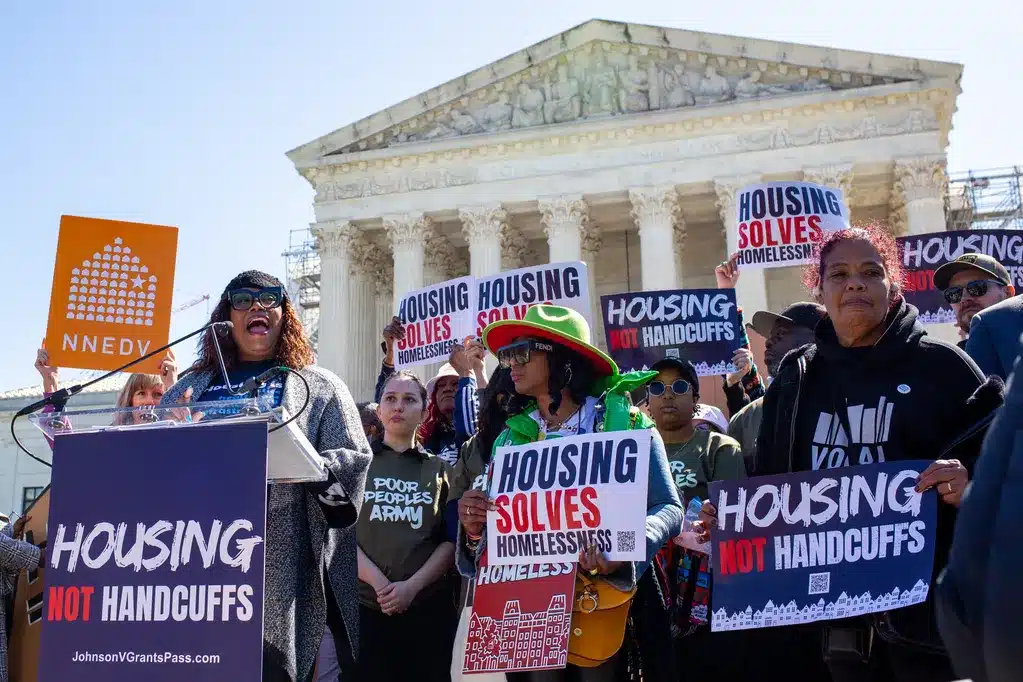I am writing from India, where last week a small but significant convening took place. Some 250 experts (business leaders, academics, and other thinkers) from 25 countries came together for a two-day conference in Mumbai, India, titled The Responsibility to the Future.
The president of India, Mrs. Pratibha Patil, inaugrating the conference at Mumbai University said, in a variation of Dr. King: “Poverty anywhere is a threat to posterity everywhere.”
A think tank named Strategic Foresight Group had prepared a report for the conference on future economic growth and the role of emerging economies in it. The report cautions that if economic growth is not inclusive, there are likely to be problems of extremism and violence.
Amartya Sen, in his book Identity and Violence—The Illusion of Destiny
(Norton, 2006), writes that it is an overpowering consciousness of one single identity (often a religious or ethnic identity) that fuels violence in our world. Economic or social exclusion can cause people to cling to a single identity as a source of support or an anchor.
At the Responsibility to the Future conference, the Chief Minister (equivalent to a U.S. state governor) of the state of Maharashtra stressed: “Social inclusion is the cornerstone of economic growth.”
The United States has shown that it is prepared to spend billions, even trillions, to promote freedom and democracy. Let us recognize upfront what Amartya Sen calls “the terrible connection between economic poverty and comprehensive unfreedom (even the lack of freedom to live).”
Alleviating poverty, both within our shores and outside, is the key to promoting freedom. Poverty deprives people of even the most basic freedoms of a civil society.
J.K. Rowling, whose parents came from an impoverished background, and who herself first-hand experienced poverty, recently said this about poverty: “Poverty entails fear, and stress, and sometimes depression; it means a thousand petty humiliations and hardships.”
She said this in her commencement address at Harvard University titled The Fringe Benefits of Failure, and the Importance of Imagination. This is an enlightening speech that makes connections between imagination, empathy, and compassion. Fighting poverty through inclusive economic growth will require all the strength of imagination anchored in a social and political morality.




Comments